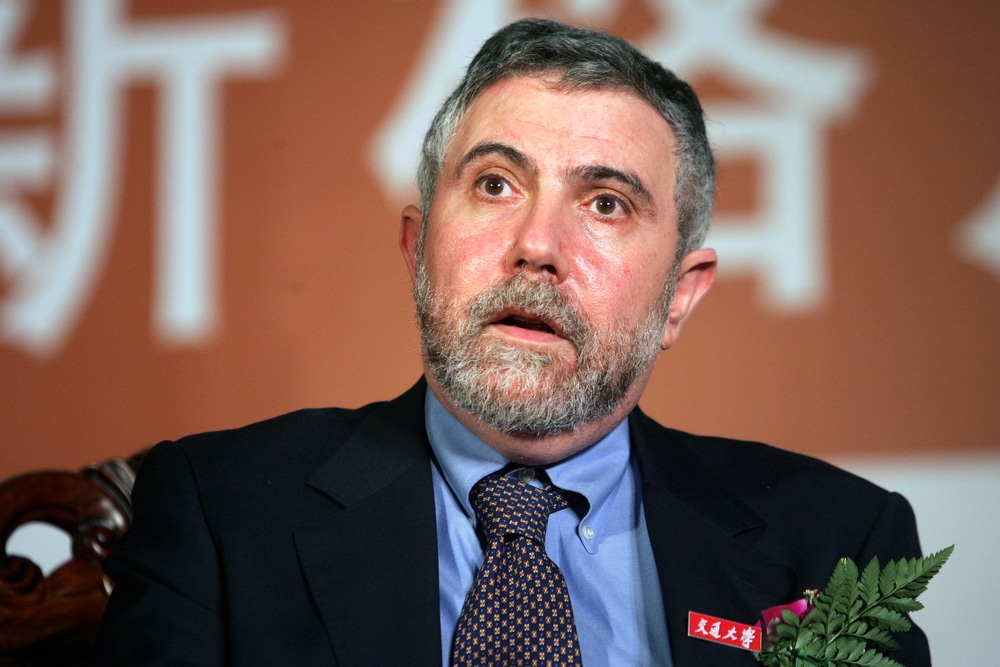In Let Colleges Fail: The Power of Creative Destruction in Higher Education, Richard K. Vedder delivers a timely, incisive, and much-needed diagnosis of America’s bloated and increasingly dysfunctional university system. Published by the Independent Institute, Vedder’s work is a clarion call to allow free-market forces, especially the Schumpeterian process of creative destruction, to cleanse and renew higher education. For libertarians and Austrians alike, it is not merely a book to be read; it is a pragmatic plan for intellectual and institutional renewal. Vedder, a distinguished economist...

















